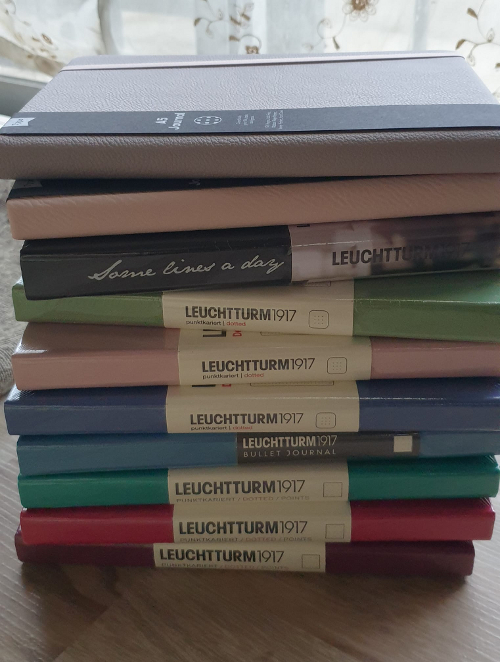Article #1: Boosting resilience in trying times
Hello! I hope it isn’t too late to wish everyone a happy new year! Hope 2021 is far kinder, better and brighter for all of us.
The last year has been a trying time for most people who have had to endure social, emotional and financial challenges due to the movement control order. While the working population has received a major blow from the activity restrictions (unemployment, pay cuts, declining productivity etc all leading to emotional distress), students – whether at school, university or some other learning institution – have also been experiencing their own set of challenges. It is not easy to be taking classes from home, being detached from one’s teachers and peers. Some homes are not conducive to learning, either. It may be due to expectations regarding household responsibilities, or privacy factors, or simply that there isn’t a reliable internet connection. When the whole world is trying to get accustomed to the ‘new normal’ through a lot of electronic solutions such as flexible working arrangements, teleworking, online classrooms, and electronic communication, boosting resilience in trying times can, and should, be done off-line.
Many great people have been known to carry a notebook and pen in their pockets and satchels. Their notebooks are not simply places where their thoughts and wonderful creations are recorded, but also their place of refuge, where emotional chaos is addressed. The notebook (and writing in it by hand) can a be a solution to an array of mental issues especially anxiety and depression. Writing by hand can provide clarity to the mind, the way tap-tapping on a keyboard cannot. The bonus is that in the long run, writing by hand may also ward off old-age diseases such Alzheimer’s and dementia. During lockdown when human connection is limited, it is even more of a reason for us connect with ourselves and try and create a more peaceful inner self by engaging in handwriting, using the humble paper notebook to scribble away our worries and sorrows.
There are many ways to do this – you can use the notebook as a brain dump. Dump all the contents of your brain on paper so you can see everything and weed out unimportant things. Give priority and pay attention to only those that do matter. Plan out how you can achieve your goals and ambition. You can also use the notebook to record your gratitude. Each night write down three things you are grateful for today. After a while you will wake up each day wondering what good thing will happen to you that you could record in your notebook. It is like a virtuous cycle – you feel good when you go to bed with your heart filled with gratitude, and because you sleep feeling good, you will wake up feeling good.

This feel good factor lasts throughout the day, and your emotional wellbeing improves if you keep at it. Your notebook could also be used to help you develop new habits, or get rid of bad ones. You can use it to monitor your health and fitness. The possibility is endless. If, however, you would rather not write, do these through doodles and sketches. The important thing is that you take time for yourself, to reflect, and to use your hand to record your thoughts on paper. This is the most important exercise: to let your writing (or scribbling) become the tool with which you bounce back after a hard hit by a trying episode in your life.
I can’t stress enough how logging off our electronic devices and social media accounts can help our mental clarity and emotional well-being (which in turn improves our physical well-being). Try it. Get a notebook and pen, and write away!
Contributed by Saleha Abdul Rahman
Head - Centre for English Language and Foundation Education